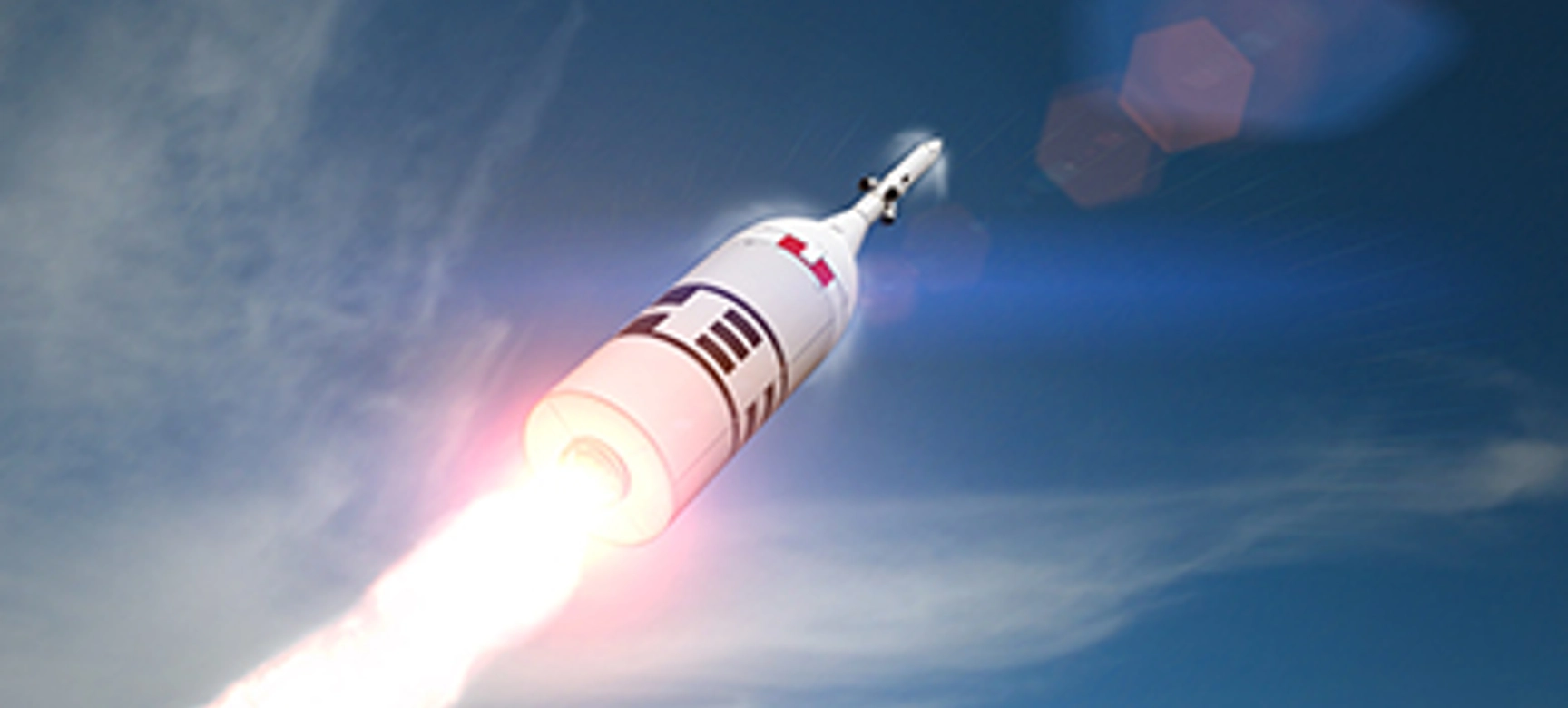18 July 2019
In the week that the world celebrates the 50th anniversary of Apollo 11 taking man to the moon, Smiths Interconnect have their own space-related achievement to celebrate.
Smiths Interconnect’s high-speed D-sub connectors and harnesses were part of NASA’s successful Orion test flight to conduct a full-stress test of the Launch Abort System (LAS). The test proved that Orion could pull astronauts to safety in the event of an emergency during launch.
The Orion LAS, with a mock-up Orion capsule, launched on a modified Peacekeeper missile from Cape Canaveral Air Force Station in Florida to an altitude of about 6 miles. Travelling at nearly 1,000 miles per hour, the LAS pulled the crew module away from its booster and oriented it for splashdown in the Atlantic Ocean. Learn more here and watch a short video of the test flight.
The Smiths Interconnect connectors are the backbone of the data and controls network on Orion and must withstand the extreme levels of mechanical shock and vibration produced by the LAS. Test data from 890 sensors was sent in real-time to ground sites, as well as recorded by 12 on-board data recorders. The success of this test flight is a major achievement for our product.
The Orion LAS offers the highest thrust and acceleration escape system ever developed and is the only system of its kind in the world.
Smiths Interconnect Chief Technologist Richard Johannes said: “Our Orion connectors and harnesses have been developed through close collaboration with Lockheed Martin Space Systems and NASA. They not only meet mechanical shock and vibration levels several times higher than today’s extreme environment interconnects, but do so without losing any high speed data transfer capability. Our participation in the LAS programme and the success of our high data rate interconnect design and testing has confirmed Smiths Interconnect as a global leader in this area.”
Launch Abort System (LAS)
A fully functional Launch Abort System (LAS) with a test version of the Orion spacecraft attached, launches on NASA’s Ascent Abort-2 (AA-2) atop a Northrop Grumman provided booster on July 2, 2019, at 7 a.m. EDT, from Launch Pad 46 at Cape Canaveral Air Force Station in Florida. During AA-2, the booster will send the LAS and Orion to an altitude of 31,000 feet at Mach 1.15 (more than 1,000 mph).
For more information visit www.smithsinterconnect.com
General media enquiries
Contact our global media and communications team at:
Please note – the press team can only answer enquiries from accredited members of the press.
Related articles

Half year results for 6 months ended 31 January 2025
Find out more

Smiths Group acquires Duc-Pac Corporation
Find out more

John Crane secures significant new asset management contracts in Saudi Arabia
Read our company news as John Crane secures significant new asset management contracts in Saudi Arabia
Find out more




